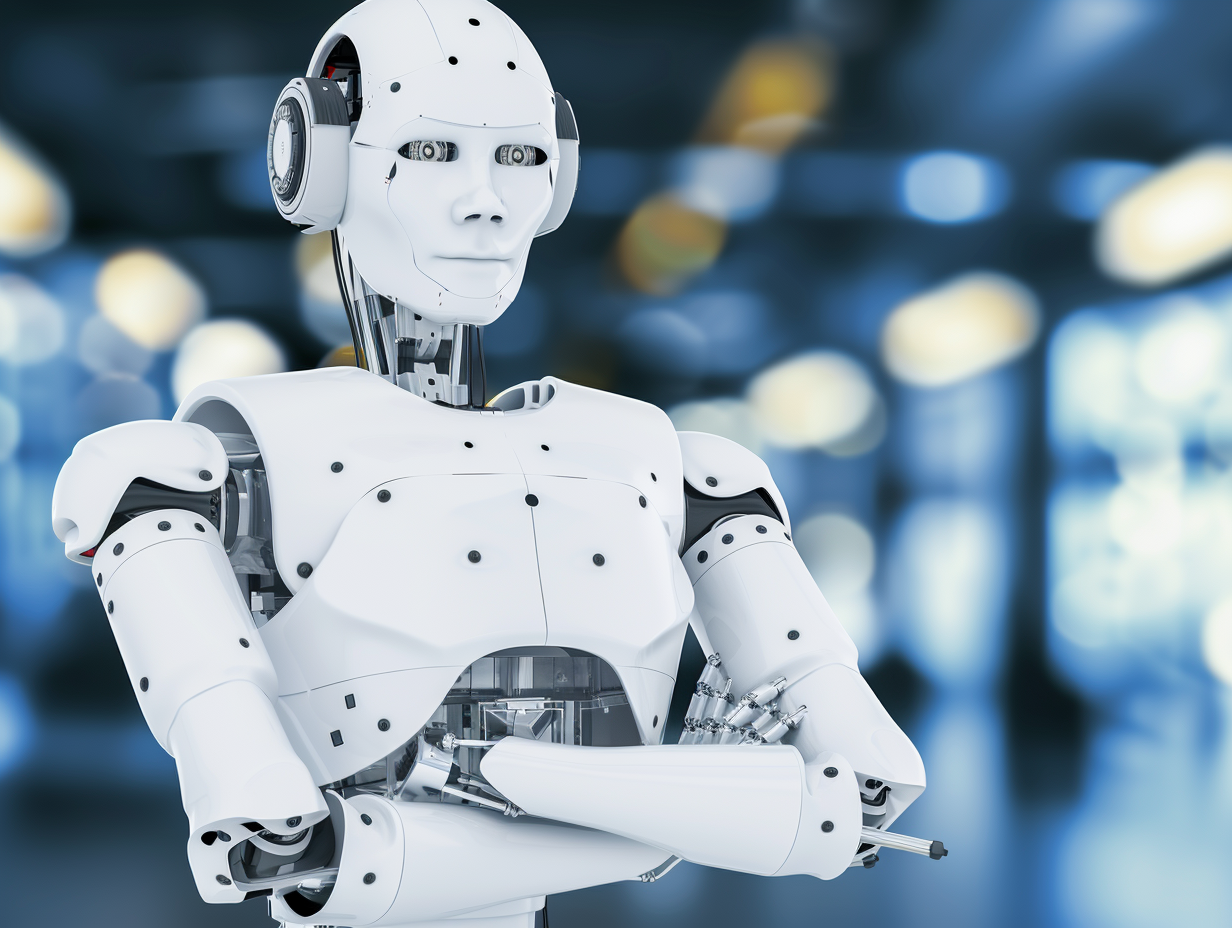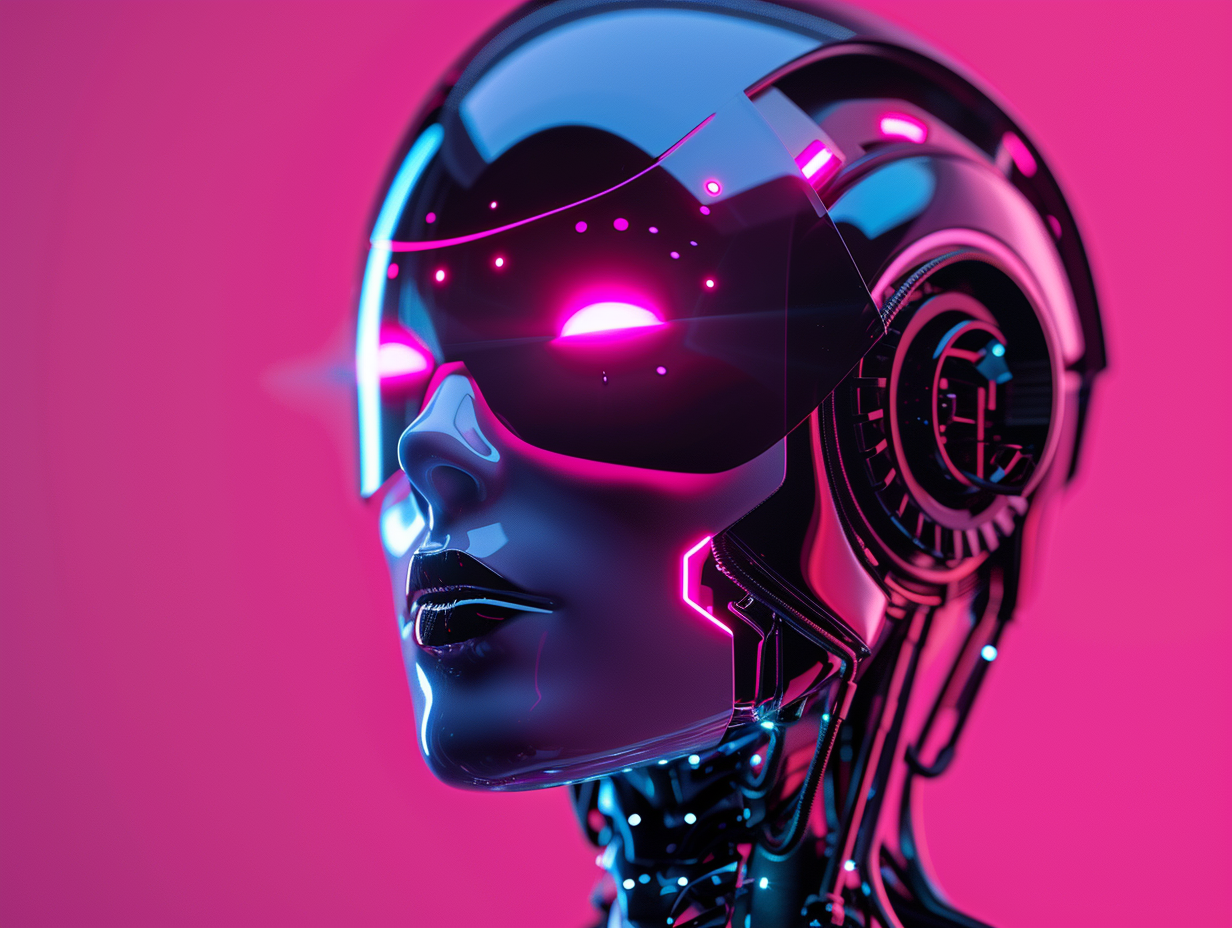The Ethical Implications of Artificial Intelligence: Balancing Innovation and Morality.
In the realm of technology, few topics are as simultaneously exciting and controversial as artificial intelligence (AI). As AI continues to evolve and permeate every facet of our lives, it brings with it a slew of ethical considerations. How do we strike a balance between harnessing the unparalleled potential of AI and ensuring that we don't compromise our moral compass? This article delves into the ethical implications of artificial intelligence, offering insights and perspectives to help us navigate this complex terrain.

The Ethical Implications of Artificial Intelligence: Balancing Innovation and Morality
Artificial Intelligence, a term once reserved for science fiction, has now become an integral part of our daily lives. From smart home devices to advanced medical diagnostics, AI's footprint is undeniable. However, with great power comes great responsibility. As we push the boundaries of what AI can achieve, we must also consider the ethical ramifications of our actions.

Understanding the Ethical Landscape of AI
The Promise of AI: At its core, AI offers the promise of a brighter, more efficient future. It has the potential to solve some of the world's most pressing problems, from climate change to healthcare disparities.
The Perils of Unchecked Development: Without proper oversight, AI can inadvertently perpetuate biases, infringe on privacy rights, and even pose existential threats.
The Role of Regulation: Governments and international bodies play a crucial role in setting guidelines and regulations to ensure that AI development remains ethical and beneficial for all.

Balancing Innovation with Ethical Considerations
The Need for Transparency: As AI systems become more complex, there's a growing need for transparency in how they make decisions. This ensures accountability and fosters trust among users.
Prioritizing Human Rights: AI should be developed with a focus on upholding human rights, ensuring that it doesn't infringe upon individual freedoms or perpetuate harmful biases.
Collaborative Development: By fostering a collaborative environment where technologists, ethicists, and the general public can provide input, we can ensure a more balanced and ethical approach to AI development.

The Future of Ethical AI
Education and Awareness: As AI continues to evolve, there's a pressing need to educate the public about its capabilities and limitations. This empowers individuals to make informed decisions about how they interact with AI systems.
The Role of Ethics in AI Curriculum: Introducing ethics into AI and computer science curriculums can help future developers approach AI development with a more holistic perspective.
The Ongoing Debate: The conversation about the ethical implications of AI is far from over. As technology advances, we must continuously revisit and revise our ethical guidelines to ensure they remain relevant.

FAQs
What are the primary ethical concerns associated with AI? The main concerns include privacy violations, bias and discrimination, lack of transparency, and potential misuse in malicious ways.
How can we ensure that AI development remains ethical? Through a combination of stringent regulations, public awareness campaigns, and integrating ethics into AI education.
Is there a universal standard for ethical AI? While there are several guidelines and principles proposed by various organizations, there isn't a universally accepted standard. The debate is ongoing.
Can AI make moral decisions on its own? Currently, AI doesn't possess emotions or consciousness. Any "moral" decision it makes is based on its programming and the data it's been fed.
How does bias enter into AI systems? Bias can be introduced in AI systems through biased training data, biased algorithms, or biased developers.
Why is transparency important in AI? Transparency ensures that users understand how AI systems make decisions, fostering trust and allowing for accountability.

Conclusion
The ethical implications of artificial intelligence are vast and multifaceted. As we continue to innovate, it's imperative that we do so with a keen awareness of the moral responsibilities that come with such advancements. By fostering transparency, prioritizing human rights, and promoting education, we can ensure that AI serves humanity in the most beneficial and ethical manner possible.
